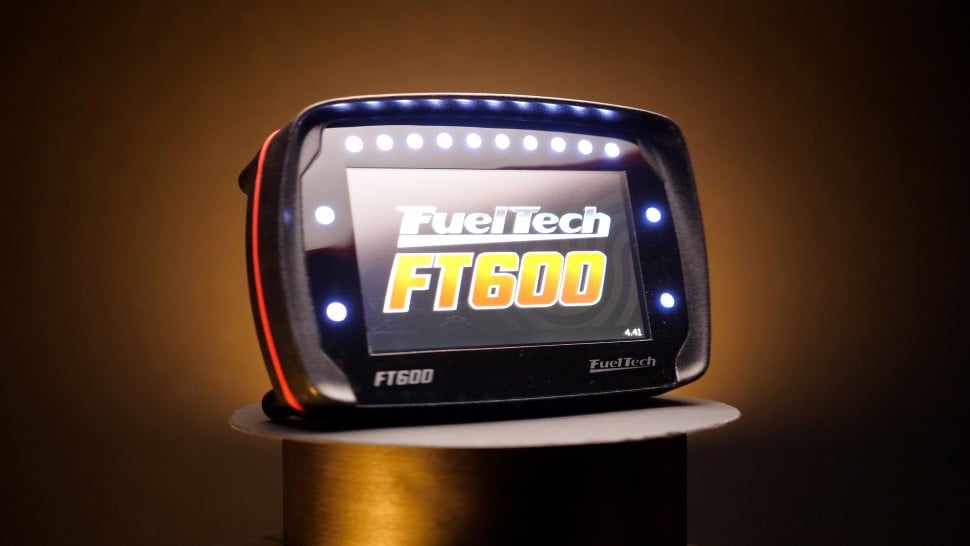Your comprehensive guide to 3D scanning.
3D scanning is a game changer for building your project car and it’s much more accessible than you might think.
Stop wasting your time measuring everything manually and getting mediocre results. The Practical 3D Scanning course teaches YOU how to add this skill to your toolbox and take your designs to the next level.
Until now, 3D scanners have been a tool reserved only for the top tier of professional motorsport, but with recent and rapid progress 3D scanners are now easier to use and more affordable than ever. That means, with the right knowledge, the DIY garage enthusiast is now fully capable of achieving professional results.
That’s where the Practical 3D Scanning Course comes in.
The course will help you understand how to choose the right scanner for your needs and use it to its full potential - giving you massive gains in the accuracy and efficiency of your design process.
✅ The course starts by ensuring you’re up to speed on all the fundamentals of 3D scanning technology. Like how different types of scanners work, and the metrics we can use to compare them.
🔥 From here, you will dive into the practical skills of using scanners, which takes a close look at everything from how to use the software, calibrate the scanner, use positioning targets and deal with troublesome surfaces to, of course, actually scanning an object and post-processing the data.
The knowledge you will gain will be relevant to everything from professional scanners to more accessible options - like scanning smartphones - and help you understand what you need to consider when working with your chosen option.
👌 Next, you’ll then move on to learn the 2 main uses for 3D scanning for project cars:
- Reverse engineering
- Scan-based design.
This includes everything from working with mesh files, extracting features, and setting it all up in CAD, to using solid and surface modeling techniques.
Lastly, we bring it all together with a 4-Step practical process that you can apply to any 3D scanning job to ensure you get the best results.
Who is this for?
Maybe you've been thinking about using 3D scanning to help you with your projects for a while but have no idea where to start?
Or perhaps you've bought a scanner but have found the trial and error method isn't quite working out for you to get scan files that don't take hours of work to make usable.
Either way, this course is going to be perfect for you. It will teach you great habits and skills from the start, as well as give you a clear workflow to follow for all your future scanning projects.
Remember,
🚨 The Practical 3D scanning course is relevant to any form of motorsport and any type of vehicle — from modified road cars or weekend track cars to professional-level race cars and everything in between.
👨🎓 When you've completed your course, you'll receive a certificate of completion, and once purchased, this course is yours for life so you can revisit it as many times as you like.
⏰ We also want you to be able to purchase with complete confidence - that's why we offer a 60-day, no-questions-asked money-back guarantee. If you decide it's not right for you for any reason, simply let us know and we'll give you a complete refund.
Included 1-on-1 Support via the Forum
This course also includes 3 months of support in the members-only forum where you will be able to get quick and reliable answers directly from your tutor.





